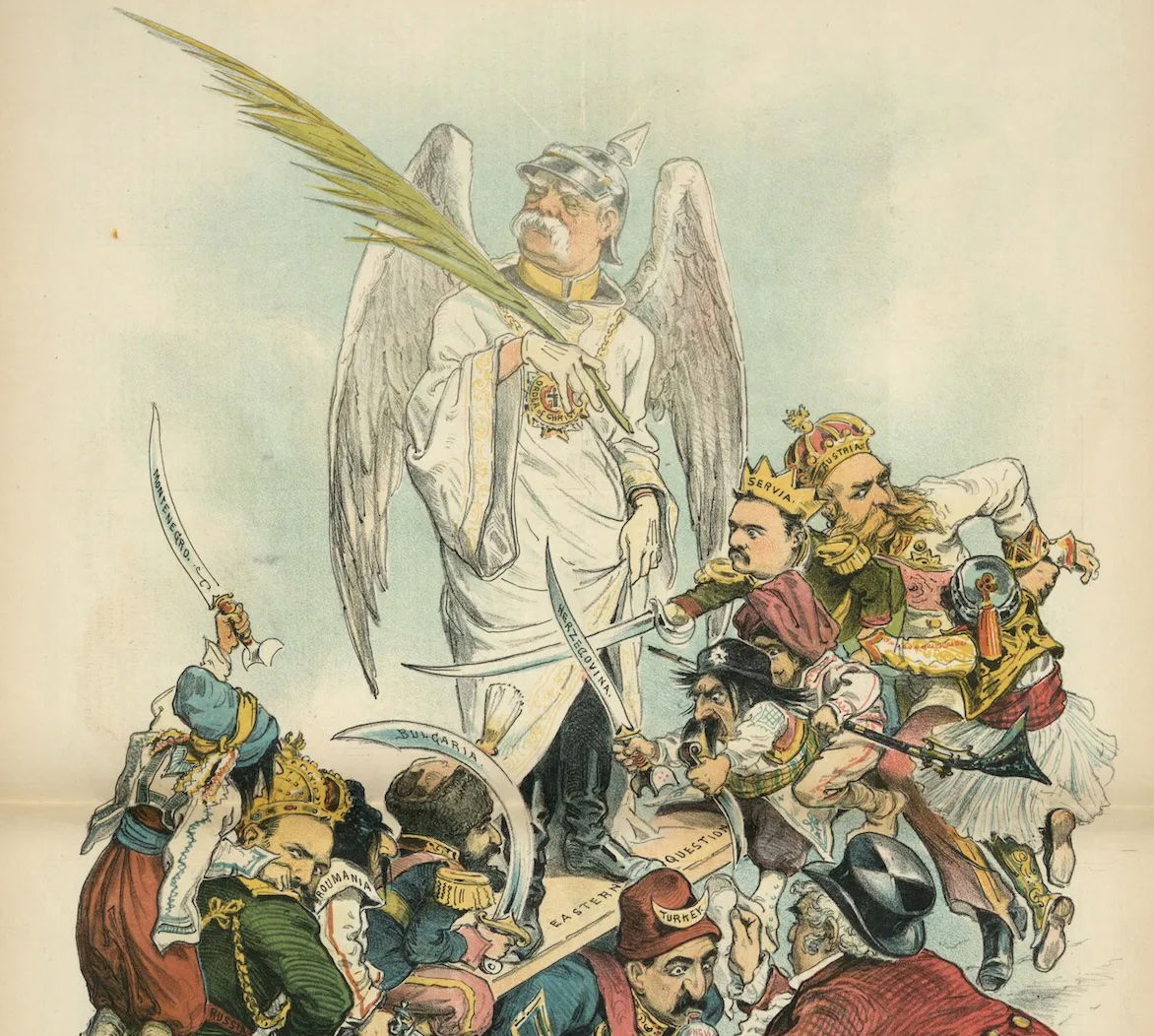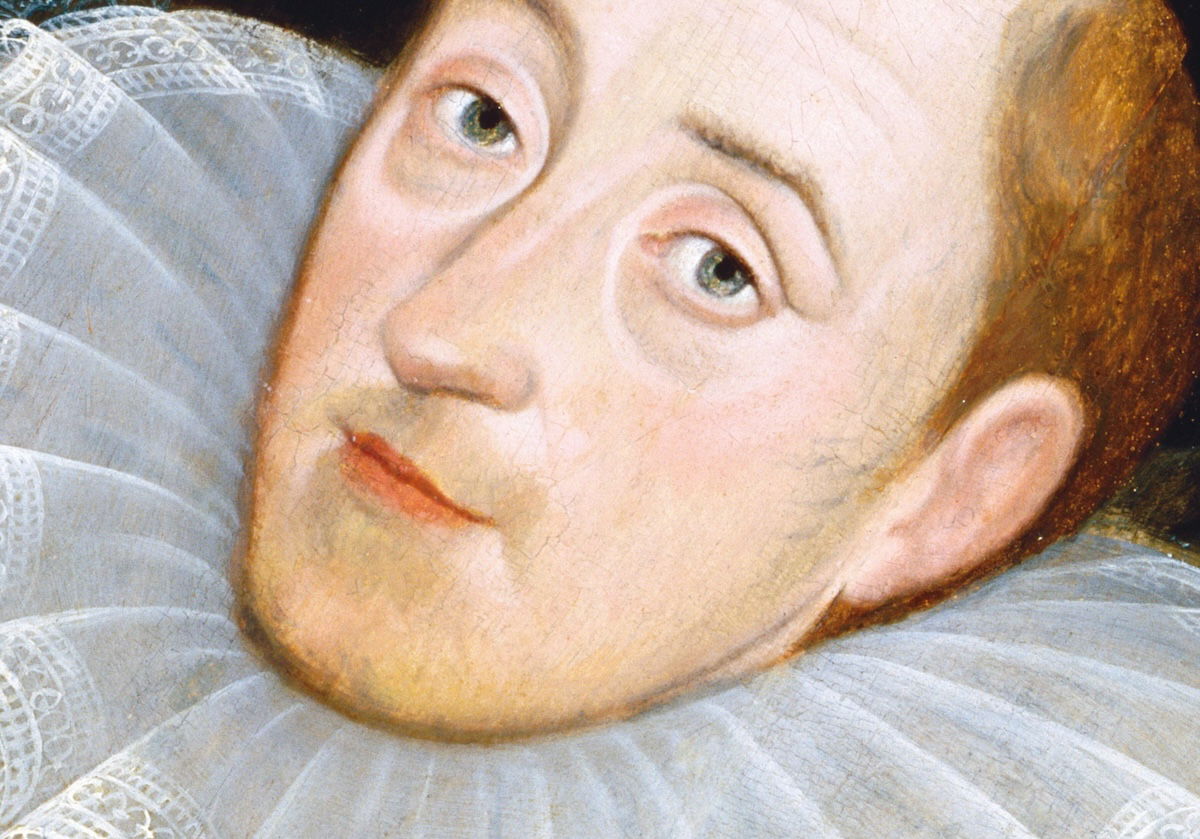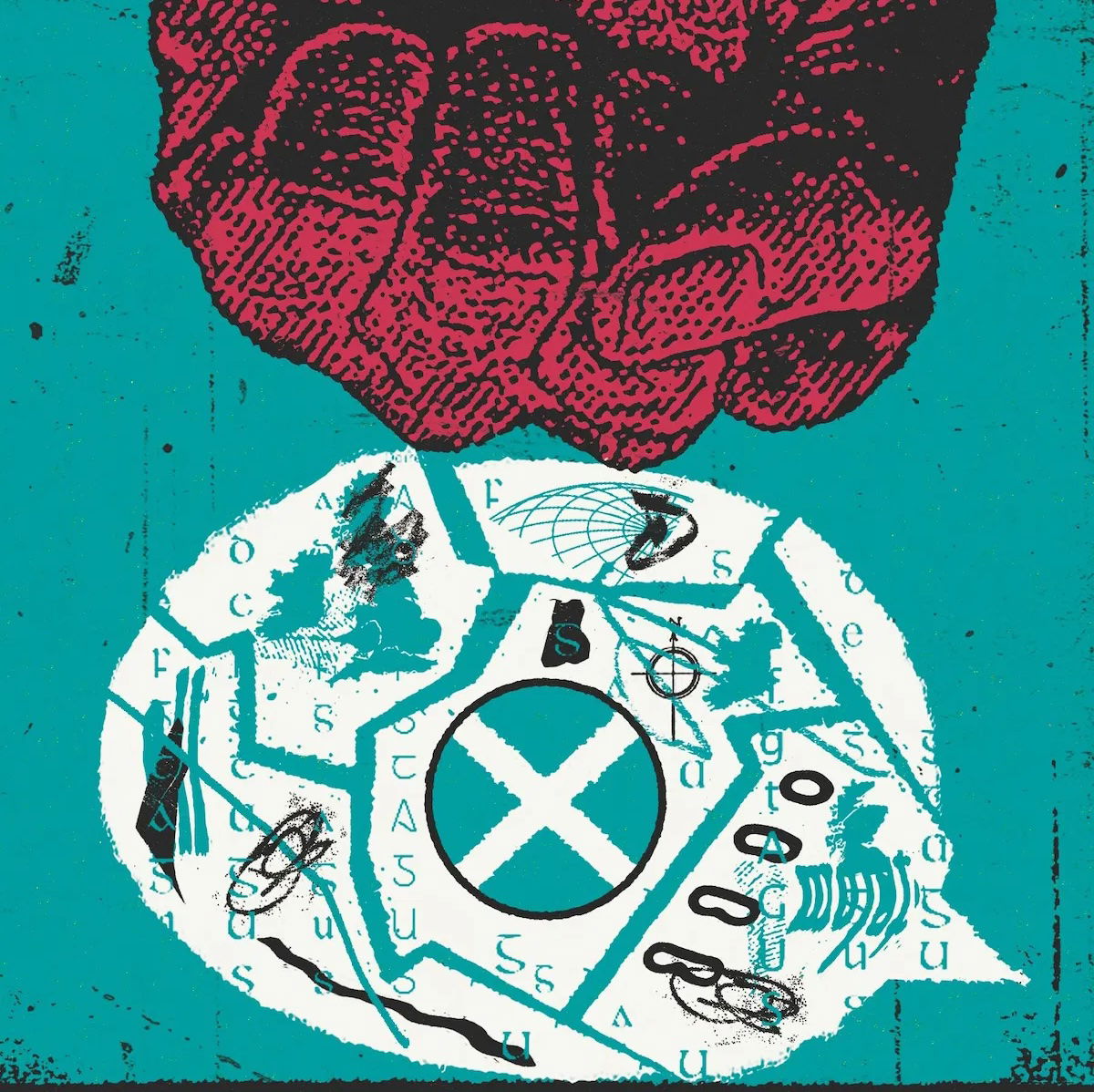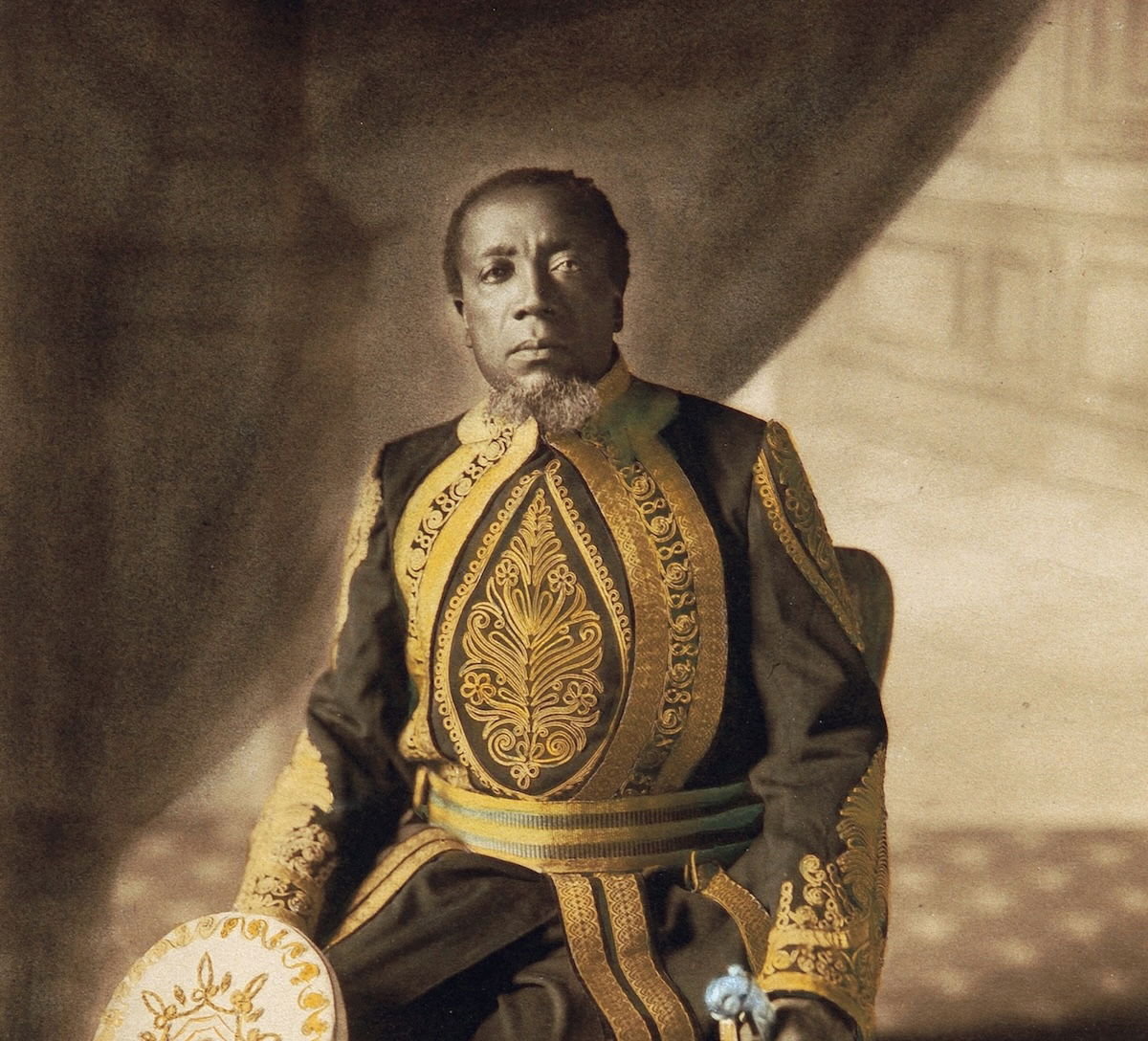Today’s featured articles
The brutal war to maintain white supremacy in what is now Zimbabwe eventually led to the rule of Robert Mugabe.
The revolt against President Omar al-Bashir was not the first in Sudan’s history, but it was the first since Africa’s former largest country split in two.
The two 16th-century battles of Panipat are little known in the West. But they were pivotal in establishing the Mughal Empire as the dominant power of northern India.
Most recent
The Ghosts of Gaelic
Gaelic language and culture in Scotland have a long history, often subsumed by English. Is there hope for their future?
Bismarck’s Britain
The German chancellor Otto von Bismarck saw himself as a puppet-master, engineering British politics from afar in his feud with Gladstone.
Coronation of Bolesław the Brave
Bolesław Chrobry was finally crowned king of Poland on 18 April 1025. It was an elevation two decades in the making.
‘Scholars and Their Kin’ review
Scholars and Their Kin: Historical Explorations, Literary Experiments, edited by Stéphane Gerson, has historians scaling their family trees.
On the Spot: Patricia Fara
‘Who is the most underrated person in history? Tupaia, the Tahitian navigator and translator who enabled James Cook to reach Australia and New Zealand’
Catherine of Siena’s American Daughters
As Christianity spread, it carried Catherine of Siena’s legacy to the Americas. Her asceticism inspired Rose of Lima, Kateri Tekakwitha, and others.
‘Queen James’ by Gareth Russell review
Queen James: The Life and Loves of Britain’s First King by Gareth Russell illuminates the inner life and passions of James VI and I.
Early Modern Millers’ Tales
Thieves, cheats, and scoundrels. How did early modern millers get their bad reputations?
Current issue
- Image
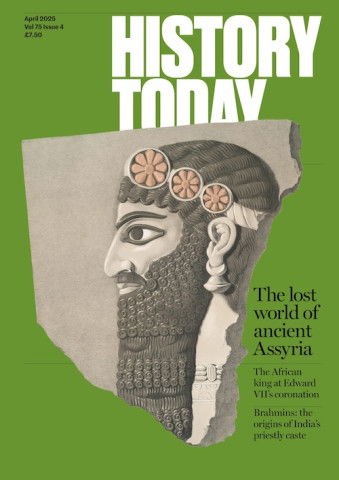
In the April issue:
The Library of Ashurbanipal, the African king at Edward VII’s coronation, the origins of India’s Brahmins, British witnesses to Buchenwald, spinning James I’s succession, and more.
Plus: reviews, opinion, crossword and much more!
You can buy this issue from our website, from newsstands across the UK, or read it as a digital edition via the History Today App.


